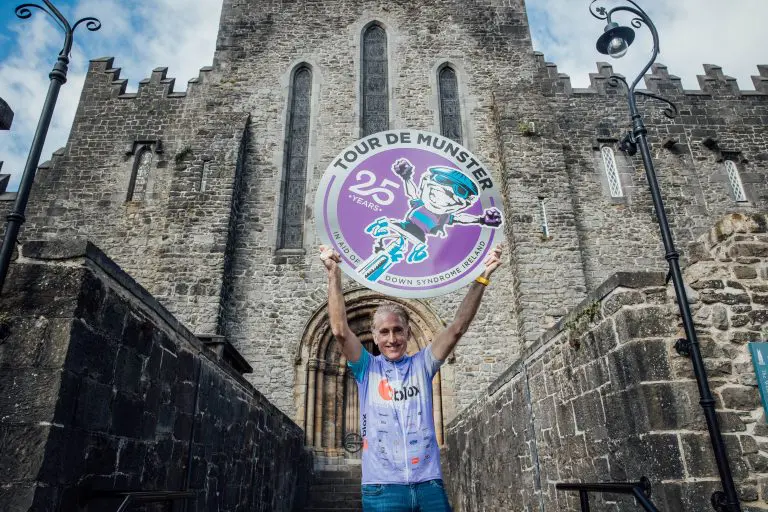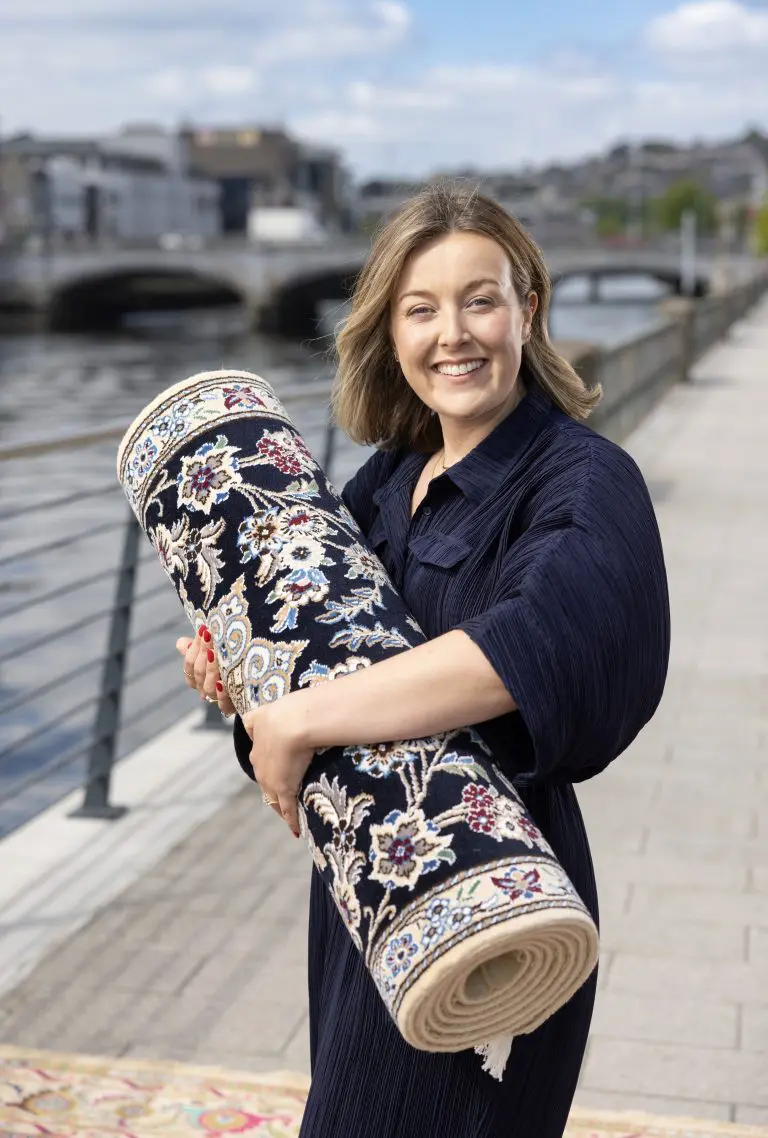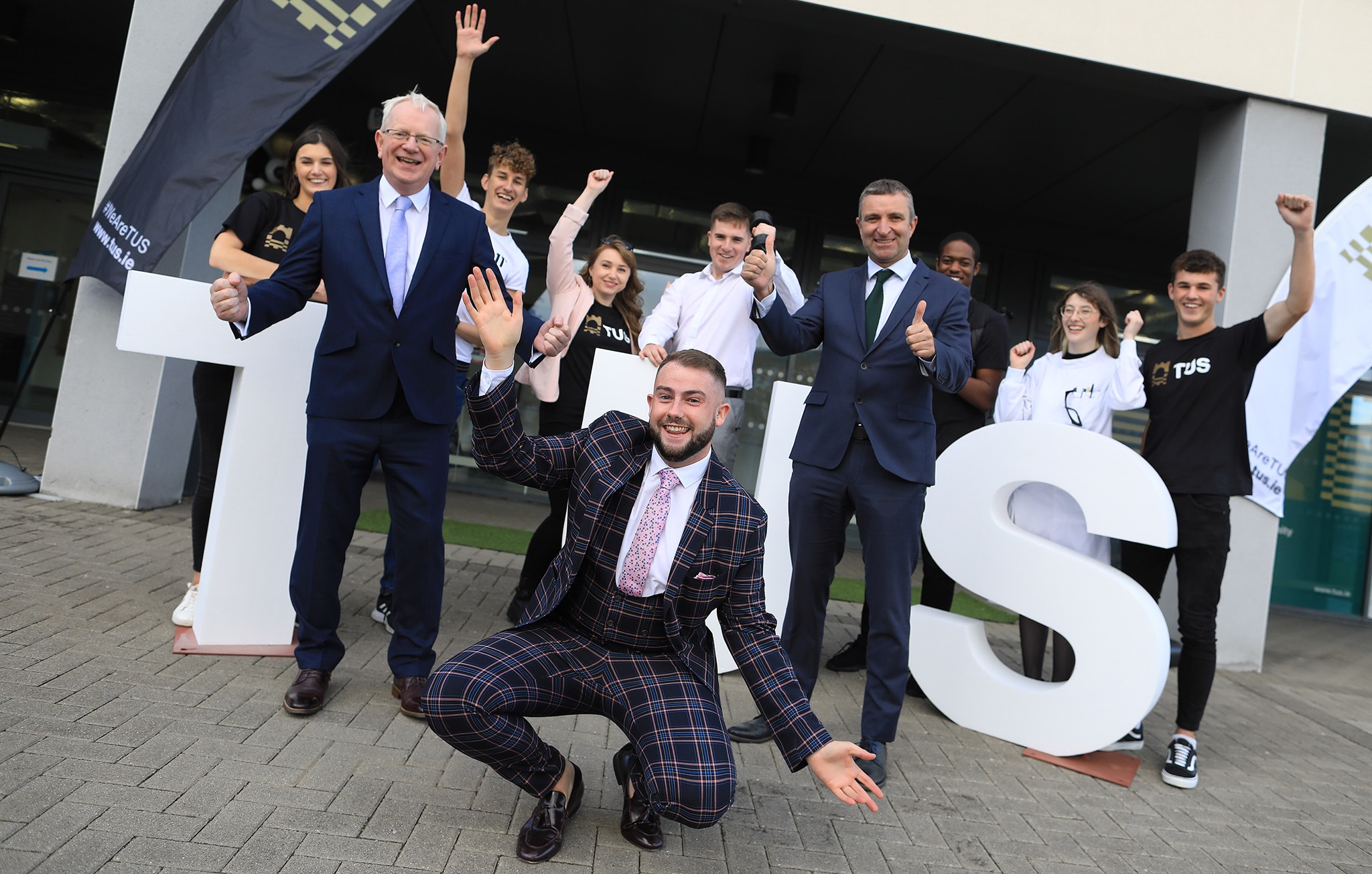Most people, either directly or through loved ones, have experienced the worry that comes with long waiting times for tests in hospital. At the Mercy University Hospital, a new state-of-the-art Endoscopic Ultrasound system is helping to speed up life-saving tests for pancreatic and gastric cancers.
At present, the Mercy University Hospital is the only hospital outside Dublin providing this potentially lifesaving procedure. The new service has had a positive impact on the number of procedures carried out, and statistics show that there was a 17% increase in those carried out from 2016 to 2017, with the service on schedule to perform 420 EUS in 2018, representing an increase of 37%. The number of procedures cancelled on the day or postponed due to breakdowns was 70 in 2016, and this reduced to just 12 in 2017; with none cancelled to date in 2018.
As the number of cancer cases rises each year, investment in this essential Ultrasound is so important as it provides more detailed imaging for clinicians helping them to plan surgical procedures and therefore gives greater peace of mind to patients. The EUS not only helps detect the presence of oesophageal, gastric, pancreatic and lung cancers, it also helps to stage these cancers, which are all among the ten most common in Ireland.
The Mercy Hospital Foundation needs to raise €100,000 annually to support this service and is now looking for the support of the general public. With patients from across Kerry, Cork, Limerick, Clare, Tipperary and Waterford relying on the Mercy Hospital’s Endoscopic Ultrasound Service (EUS), it is essential that these funds are raised. By donating, the public can help ensure that patients all across Munster can access this life-saving service.
Colleen Phillips is one patient who has benefitted greatly from the new technology available in The Mercy. When tests revealed that her blood sugar was extremely low, doctors sent her for an Endoscopic Ultrasound. The technology enabled doctors to safely guide a thin tube through the pancreas, and sound waves from the tube were able to detect a tumour on the outside of Colleen’s pancreas.
Speaking about her experience, Colleen said “When you hear words like tumour, it’s natural to panic. However, the whole process was so quick, that there wasn’t time to worry. Within two weeks of having the Ultrasound, I was brought in for surgery. The team was able to assure me that everything would be straightforward and that no treatment would be required after surgery. I couldn’t believe how quick the whole procedure was. My appointment was at 10am; and by lunchtime I was able to go home. It is a great comfort to think this new technology can enable so many people to be seen so quickly, and can literally save lives.”
The provision of EUS is helping MUH Consultant Gastroenterologist, Dr Martin Buckley and his team at The Mercy to see patients much quicker and significantly reduce waiting times. Dr Buckley said “The EUS is used to detect, biopsy, and stage tumours/cancers of the oesophagus, stomach and pancreas. It is also used to drain fluid collections around the pancreas, to biopsy lymph nodes in the chest and to perform pain relieving nerve blocks for patients with terminal cancer. Prior to acquisition of the new system there were often long delays for tests which were heart-breaking for patients, their families and the endoscopy staff.”
He continued “With the new system we are able to test the stiffness of tissue and target the area that is most likely to yield a definite diagnosis. This has significantly improved our detection rate and reduced the number of tests that need to be repeated. It also leads to an earlier diagnosis of cancer and precancerous lesions, with improved outcomes for patients. The waiting list is reducing and this is due to the reliability of our new system.”
Encouraging the general public to help ensure this vital service continues to help the people of Munster, Micheál Sheridan, CEO of the Mercy Hospital Foundation said “With your support, we can continue to advance life-saving treatment at the Mercy University Hospital. By donating, this care and attention can be given to thousands of people and will allow for us to aid Hospital staff in providing a world-class service in a world-class hospital. On behalf of all of us at the Mercy and the patients who will benefit from your support over the coming months, I’d like to thank all those who have helped to date, and those who choose to support our current appeal.”
To make a donation, please complete the form being delivered to households throughout Munster together with information from The Mercy Hospital Foundation now; or donate online at www.mercyfundraising.ie/donate/one-off-donation.








